9+ SAMPLE Real Estate Project Proposal
-
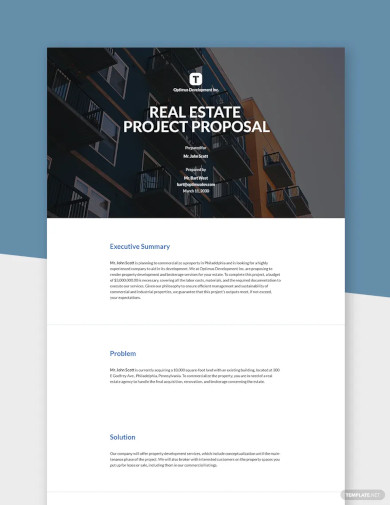
Real Estate Project Proposal Template
download now -
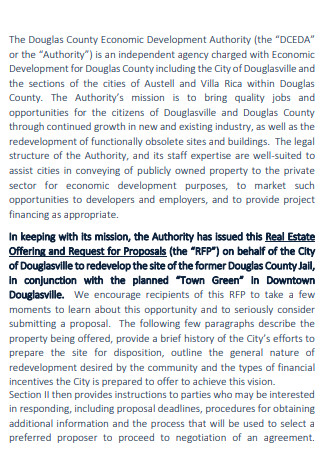
Sample Real Estate Project Proposal
download now -

Real Estate Project Marketing Proposal
download now -
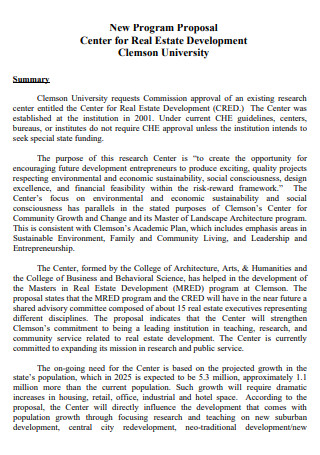
Real Estate Project Development Proposal
download now -
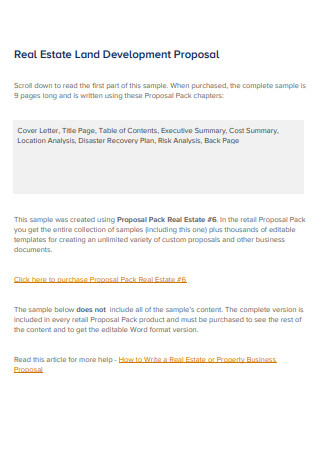
Real Estate Project Land Proposal
download now -
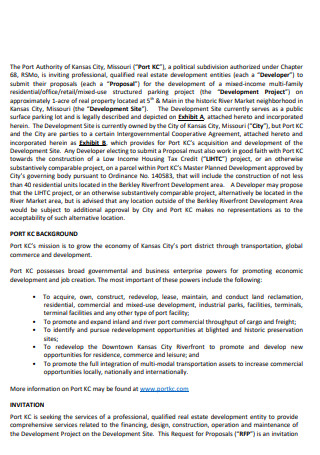
Real Estate Project Services Proposal
download now -
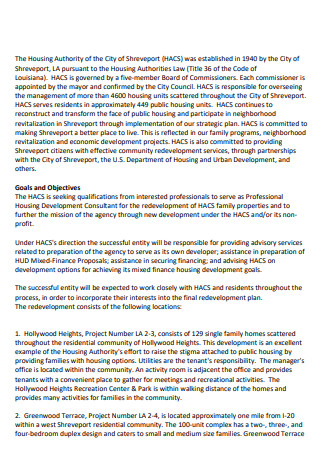
Simple Real Estate Project Proposal
download now -
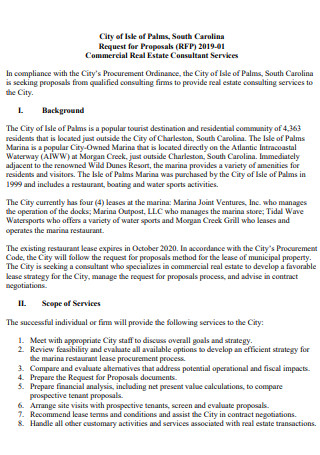
Commercial Real Estate Project Proposal
download now -
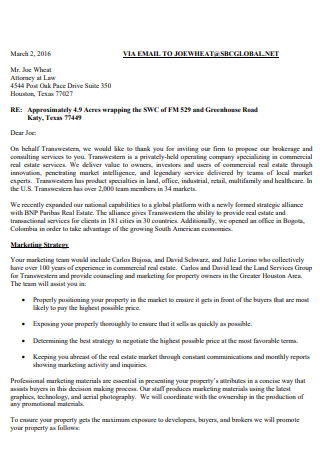
Real Estate Project Proposal Example
download now -
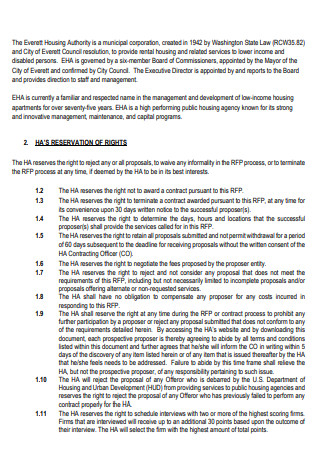
Real Estate Project Broker Services Proposal
download now
FREE Real Estate Project Proposal s to Download
9+ SAMPLE Real Estate Project Proposal
What Is a Real Estate Project Proposal?
What Is Real Estate?
What Are the Benefits in Investing in Real Estate?
What Are Types of Real Estate Project?
Why Is Land Important In Real Estate?
How to Write Real Estate Project Proposal?
FAQs
How to Become a Property Developer?
What Is the Best Asset Type?
How Can I Build Equity Into My Home?
What Is Real Estate Closing?
What Is a Real Estate Broker?
What Is Pre-selling in Real Estate?
What Is a Real Estate Project Proposal?
Real estate project proposal is one of the few initial legal documents that is drafted to first assess and define both the internal and external components of a certain project. It includes various important sections such as tile, start and end dates, objectives and smart goals of the venture, requirements and the overall descriptor of the project as well as its solutions. It essentially functions as a working document between the developer of the project and the possible investor or business partner. This proposal is drafted and presented even before the initial developments of the project has been made. Hence, it can also be used as a definitive tool to highlight the objectives and the requirements needed in order to properly inaugurate the project. This also means the development of a building or a building consisting of apartments, or converting an existing building or a part thereof into apartments, or the development of land into plots or apartment, for the purpose of selling, and includes the common areas, the development works.
What Is Real Estate?
Real state is a private property in the form of buildings and land. Real estate can be used for residential, commercial, or industrial purposes, and includes any resources on the land such as water or mineral. Real estate is one of the most valuable a person owns, and the value of estate is a key indicator of an economy’s health. On the deeper thought, real estate is a legal term designating the rights of someone has to land and buildings. Most cases, real estate composed land plus real property, as define by the local ordinances in which the real estate exists. Land or real property that is not personally owned is not considered real estate. Real estate is a real property that consists of land and improvements, which include buildings, fixtures, roads, structures, and utility systems.
What Are the Benefits in Investing in Real Estate?
Investing in real estate does come with potential pitfalls and does require research, it can also bring massive amount of cash to your bank account. Here are some of the benefits in investing in real estate:
Steady Cash Flow
Owning a real estate is a way to boost your monthly income. You need to research the payment histories of your tenants if you want to reduce the chance that these tenants will one day stop paying the rent.
Great Returns
If the real estate you owned increases in value over time, you can sell it for a solid profit. You need to invest in the right property to see those big returns.
Long-term Security
Real estate is a long-term investment, meaning you can hold it for several years as you wait for it to appreciate. If you rent out your real estate you can earn monthly income.
Tax Advantages
Investing in real estate comes with tax benefits. You can deduct several expenses associated with having an investment property, including the property taxes, mortgage interest, property management fees, property insurance, the costs of ongoing maintenance, the cost of repairs and the money you pay to market your property to potential renters.
Diversification
The investment properties in your portfolio might still be increasing in value, protecting you from the losses your other investments are taking.
Passive Income
Investment’s properties bring much desire passive income, that which you do not have to work for every day. The rent checks that come in each month are an example of passive income.
Protection Against Inflation
Real estate investment is considered protection against inflation. When the price of goods and services are riding, home values and rents typically increase as well.
Chance to Build Capital
The big goal of real estate investing is to increase your cash, otherwise known as building capital. The key, of course is to invest in the right properties that will rise in value.
Fulfillment and Control
When you own investment real estate, you are your own boss, which is fulfilling to many investors. You can also make a difference in your community, providing homes for renters or bringing businesses to commercial properties that will provide much needed services to their communities.
What Are Types of Real Estate Project?
There are several types of real estate, and each has a unique purpose and utility. Here are some of the real estate categories that will help you understand the industry deeper and better:
Why Is Land Important In Real Estate?
Land is the base of all real estate properties—residential, commercial, or industrial. Owning a piece of land in a great and desirable location gives the investor leverage and options on what to do with the land. A real estate investor or a real estate developer can buy a piece of land and build an apartment building where it stands to gain a lot of profit from the sale or rent of apartments.
Moreover, the market value of land and its importance in real estate investing is closely related to the economic situation of the area of investment. As an investor, the main job is to understand how the growth pattern, the appreciation rates, and the use of the land for a period of time. Land is the most highly valuable form of asset investment in the real estate market.
How to Write Real Estate Project Proposal?
If you work in the field of real estate, knowing how to write a proposal will help you compete and close more deals than you expect. You might be a realtor, a property investor, a developer, work in property management with commercial leasing or property rentals, a commercial lender or work for an agency that deals with the housing issues. Here are some steps you need to remember when you are planning to write a real estate project proposal:
Step 1: A Great Introduction
Most clients will only care about the two sections in your real estate proposal; the introduction and the pricing. The introduction is a crucial part because it needs to get the client “hooked” to read the rest. The key thing about the introduction is to discover what the client really wants instead of talking a about yourself, how many buildings you sold and what you do. Use the information you have from the conversations you had with your client and briefly explain how you will solve their problems.
Step 2: Write the Specific Details
This section should be a plan of what you will do for the client, down to the very minutes’ details. The more you write here, will give the client the feeling of assurance that their property is in good hands. Moreover, it is great for liability to have everything in written form, in case things go wrong.
Step 3: An Estimate Project Timeline
No real estate agent can give a guarantee of how long does it takes to sell or rent a property. However, they can guarantee the things that they are in charge of. This section of the proposal states how long it takes the agent to visit the home, measure it up, grab some photos, write the description and get the listing up and running. The main purpose of this section is to let the client know exactly when to expect their deliverables. More often than not, real estate agents forget to include this section completely.
Step 4: Social Proof
The goal of this section is to show success story from one from of your previous clients. This part allows what the agent is capable of and how it solved a problem for a specific client. In addition, this section can be incredibly powerful and it can take make a massive difference in your conversation with you client later.
Step 5: Give the Right Pricing
The main lesson to learn in this section is to keep your pricing super clear and simple. Offering upsells, can actually decrease your chances of winning a client’s business. The more choices the client has, the less likely they are to sing the proposal.
Step 6: Your Guarantee
Most of the real estate agents do not like guarantees. You can never really guarantee when a property can be leased or sold. You can make the client more confident about working with you if you offer them a solid guarantee. The risk is on the agent and it is a hard offer to pass on.
Step 7: Terms and Conditions
No matter what kind of properties you lease and sell and no matter who the client is, you need a section that covers terms and conditions. The purpose of this section is to make the client feel confident that they are making the right move because you are legally bound to do your part.
FAQs
How to Become a Property Developer?
Conventional property development courses exist, as well as a wealth of information online and even community courses. Local, regional and national industry associations can also serve as a source of information, education and input from experienced property developer you can tap into.
What Is the Best Asset Type?
If you are planning to become a developer you will want to decide which asset type is best fit for you. Commercial, this includes office, space, retail property, high-density housing or industrial. Residential, which includes single family homes, duplexes and townhomes.
How Can I Build Equity Into My Home?
You can build equity in three ways, first is from market appreciation. Next, when making your monthly mortgage payment. Lastly, is to build way equity into your house to make improvements.
What Is Real Estate Closing?
Real estate closing is the culmination of everything in a real estate transaction. Its where the title, known as the deed, transfer from seller to purchase.
What Is a Real Estate Broker?
Real estate broker is someone who, for a commission or fee, is employed by home owner to negotiate the sale, purchase, lease or exchange of real property to a third party.
What Is Pre-selling in Real Estate?
Pre-selling are sold on the market before they are even released to the general public. This could either mean that the actual property does not exist yet or still under construction. In terms of real estate, pre-selling is also known as off-the-plan properties.
To sum it up, a real estate is anything involving real estate that has a defined beginning and end, a goal in mind, and it may involve parties or resources that do not typically work together. Real estate proposals can mean many different things from property management for a condo complex, commercial land development or real estate’s sake. Real estate proposals are used by many people in the industry such as contractors, architects, builders, manager, and real estate agents.
